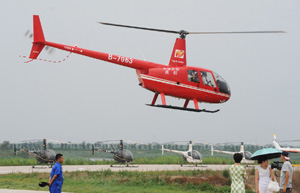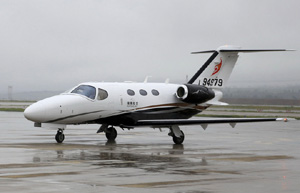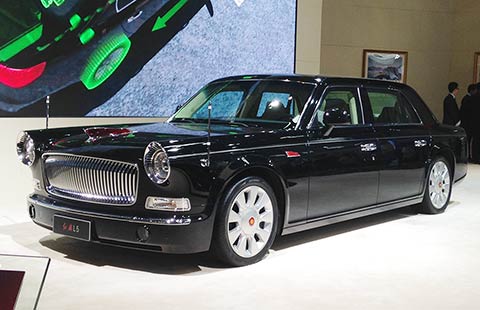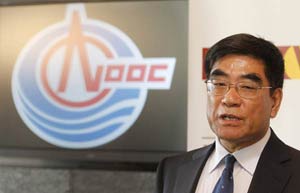Chinese airlines in currency turbulence
(Xinhua) Updated: 2014-07-18 14:35SHANGHAI - The yuan's nosedive has put a damper on the earnings of Chinese airlines, already flying low through an economic slowdown, with half-empty premier cabins. China Southern Airlines will book a loss of up to 1.1 billion yuan in its interim report, while Air China warned its profits could slump by up to 65 percent.
The yuan has depreciated about three percent since Beijing allowed the currency to slide in January, and both airlines blame slower growth and yuan depreciation for their poor performance.
A UBS report predicts that the yuan will stabilize around its current relatively weak levels. It was more or less constant appreciation of the yuan since 2005 that helped Chinese airlines increase their formerly handsome earnings.
Rapid expansion of China's airlines has come at the cost of a huge amount of foreign currency debt. Aircraft and fuel do not come cheap and thus any decline in the yuan can considerably drive up costs.
The problems of the Chinese aviation industry run much deeper than some anticipated profit warnings. It has been grappling with weak earnings since 2010, when China Southern Airlines, Air China and China Eastern Airlines - China's big three - made more than 23 billion yuan in net profits. Each raked in more than one billion yuan in the first half of 2013, purely on the back of yuan appreciation.
"The industry is slowing due to the weaker economy and the spread of bullet train networks," said Li Jun, analyst with China Galaxy Securities.
The big three plus Hainan Airlines have been striving to reduce costs, lowering rates paid to domestic ticketing agencies from three percent to two percent. Last year, Air China spent 7.2 billion yuan on sales.
They are also facing tougher competition. The number of airlines has risen by over 30 percent in the past year, said Si Xianmin, chairman of China Southern.
To cap all that, the nationwide austerity campaign has brought a virtual end to officials traveling in luxury and clamped down on unnecessary overseas trips. This has forced airlines to roll out bigger discounts for business and first-class seats.
Several airlines are now looking at the low-cost market, which currently accounts for less than seven percent of China's total air travel volume. Hainan Airlines has turned two of its subsidiaries into low-cost carriers, and China Eastern plans to do the same with China United Airlines.
Budget airlines are expected to prop up demand for short-to medium-range narrow-body airliners. China United Airlines, operating 26 Boeing 737 aircraft, plans to triple its fleet size to 80 by 2019.
The weakening currency, however, has not stopped major players from buying more Boeing and Airbus aircraft. China Southern ordered 80 Airbus aircraft in May and China Eastern last month said it had plans to buy 80 Boeing jets.
|
 |
 |
| First private flying club draws crowds in Tianjin | China's first air taxi brings sky-high fares |
- Boeing announces orders of 737 Max from Hainan Airlines
- Chinese airlines see brisk business in H1
- China Southern to launch Guangzhou-New York service
- China Eastern unit shifts to budget carrier
- Mauritius and China Southern Airlines sign partnership agreement
- SilkAir launches flights to Hangzhou, China
- China Eastern Airlines launches direct flight to Toronto
- JD.com takes aim at Alibaba with Paipai relaunch
- Alibaba now eyes September for US mega-IPO - source
- Real estate sector needs self-regulation
- China, Brazil close plane, finance, infrastructure deals
- China to purchase 60 aircraft from Brazilian Embraer company
- China to expect lackluster external demand in years to come
- Huawei's H1 revenue grows 18% to hit $22b
- To hike, or not to hike public transport fares
















